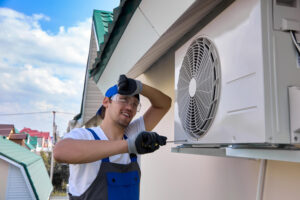
Common Mini-Split Control Wire Connection Problems and Solutions
Mini-split systems have become a popular choice for many homeowners in Plant City. These systems offer precise temperature control, are energy-efficient, and can be installed with minimal disruption to the home’s structure. However, to keep these systems running efficiently, it’s essential to ensure their wiring connections are correct. The mini-split



